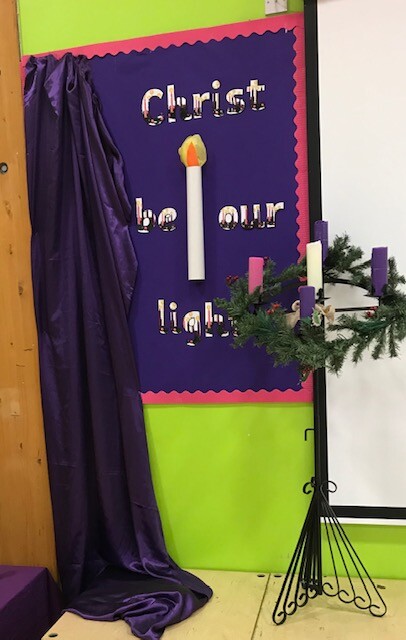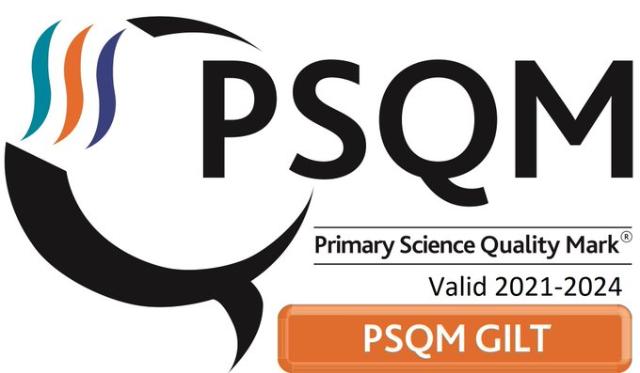Values
St Aidan's Catholic Values and Ethos
Gospel Values are what Jesus said, what Jesus did and what He told us to do.
All of the Gospel Values begin with and derive from Jesus' Law of Love:
Respect for the Life and Dignity of Each Individual.
Mission Statement
'Together we enjoy learning, achieving, sharing and praying. Let Jesus' love shine through in everything we do.'
Catholic Education
- takes place in communities inspired by the Spirit of Christ. Christ’s commandment to love God and neighbour inspires a caring ethos, which is expressed in relationships within and beyond Catholic schools.
- is person-centred. It promotes the dignity, self-esteem and full development of each person, who is made in God’s image and uniquely loved by God.
- is inclusive. It is respectful of, and engages with people of all beliefs; it encourages the religious development of all in their own faith.

Our core values
- Unity
- Honesty
- Friendship
- Forgiveness
- Appreciation
- Patience
- Courage
- Trust
- Respect
- Justice
- Peace
- Kindness
- Tolerance
British Values
The DfE have reinforced the need ''to create and enforce a clear and rigorous expectation on all schools to promote the fundamental British values of democracy, the rule of law, individual liberty and mutual respect and tolerance of those with different faiths and beliefs.''
The government set out its definition of British values in the 2011 Prevent Strategy, and these values have been reiterated by the Prime Minister this year.
At St Aidan's Catholic Primary Academy these values are reinforced regularly and in the following ways.
Democracy
We seek to ensure that all pupils experience and gain an understanding of Democracy through concrete learning opportunities. For example we have an established pupil voice in School through our House Forum meetings. Every fortnight pupils are consulted as to their views and opinions through our House Forum meetings and also regularly through individual questionnaires. One example of listening to and acting on the views of pupil voice was the introduction of fundraising for their chosen charity.
The Rule of Law
The importance of Laws, whether they be those that govern the class, the school, or the country, are consistently reinforced throughout regular school days, as well as when dealing with behaviour and through school assemblies. Pupils are taught the value and reasons behind laws, that they govern and protect us, the responsibilities that this involves and the consequences when laws are broken.
Individual Liberty
Within our school pupils are actively encouraged to make choices, knowing that they are in a safe and supportive environment. As a school we educate and provide boundaries for young pupils to make choices safely, through the provision of a safe environment and empowering education. Pupils are encouraged to know, understand and exercise their rights and personal freedoms and advise how to exercise these safely, for example through our E-Safety and PSHE lessons. Whether it be through choice or challenge, of how they record, of participation in our numerous extra-curricular clubs and opportunities, pupils are given the freedom to make choices.
Mutual Respect
As a school community we take the obligation of mutual respect for others as the cultural richness of our school and wider community seriously. As a Catholic school we place 'Christ at the Centre' of what we seek as a school and the highest priority in this work is to ensure that all pupils, cultures and faiths are recognised and respected within our school family. Our school ethos and Good Behaviour Policy takes the core value of 'Respect' as a key starting point. Throughout the school year teachers and adults model this key value and discuss topics of respect through our class discussions and school assembly. Wall displays throughout the school emphasise the key aspects of what we believe and conversations with the pupils confirm their understanding of Mutual Respect.
Tolerance of those of Different Faiths and Beliefs
An integral part of the Catholic tradition is that of encompassing other faith beliefs as a Catholic School community. This is achieved through enchancing pupils understanding of their place in a culturally diverse society and by giving them opportunities to experience such diversity. Assemblies and discussions involving prejudices and prejudice-based bullying have been followed and supported by learning in RE and PSHE. Members of different faiths or religions are encouraged to share their knowledge to enhance learning within classes and the school








